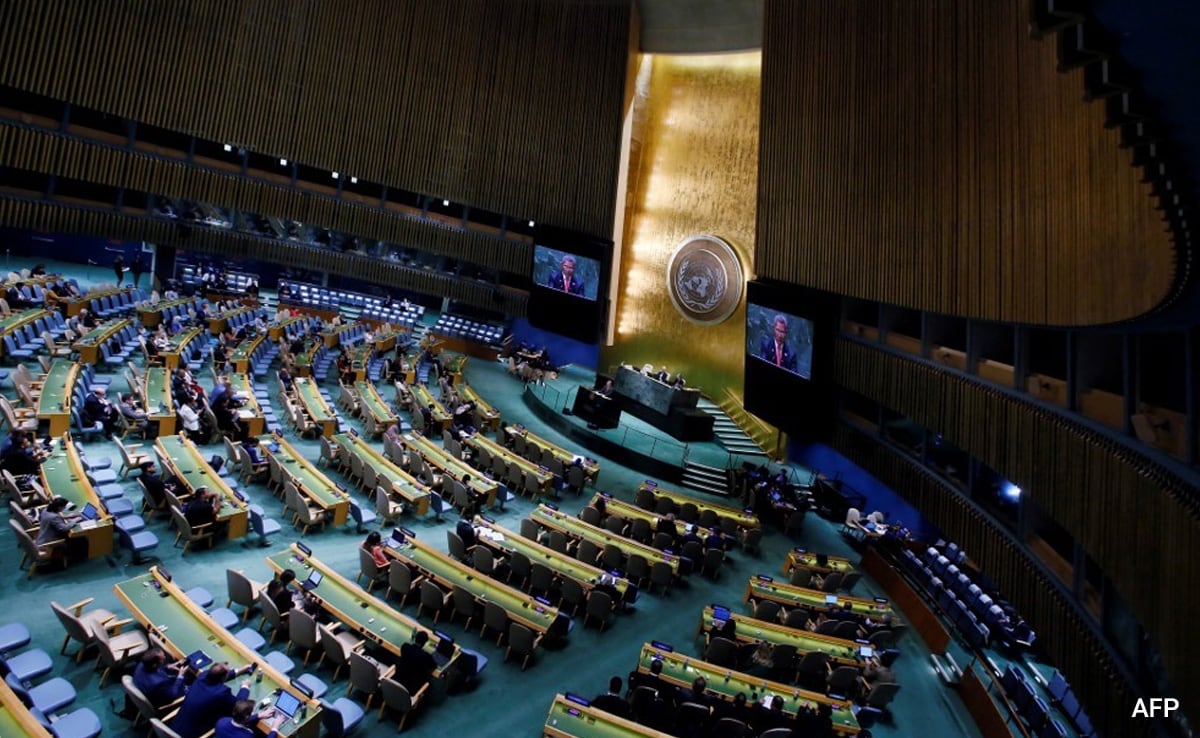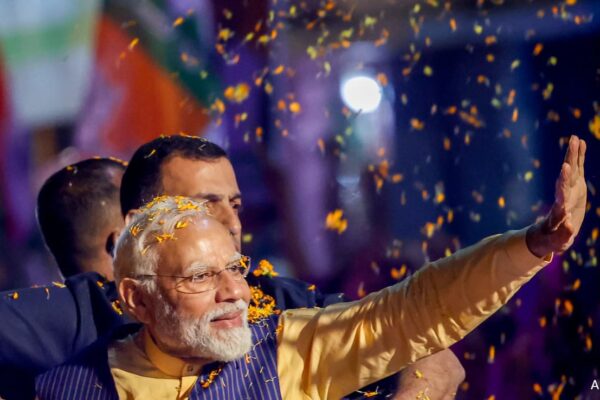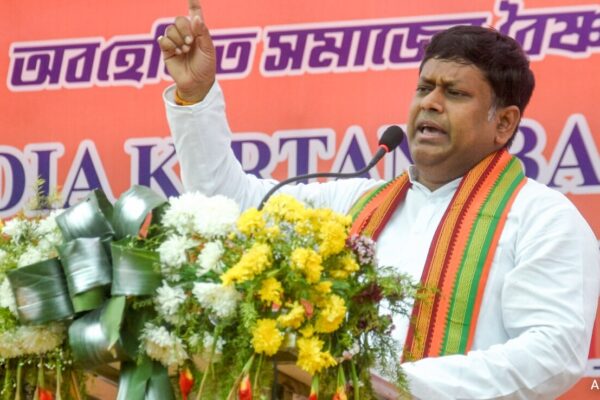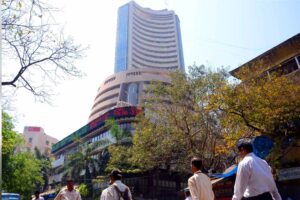Parliament on Friday approved amendments to the Central and Integrated GST laws to levy 28 per cent tax on the full face value of bets in online gaming
Published Date – 06:35 PM, Fri – 11 August 23
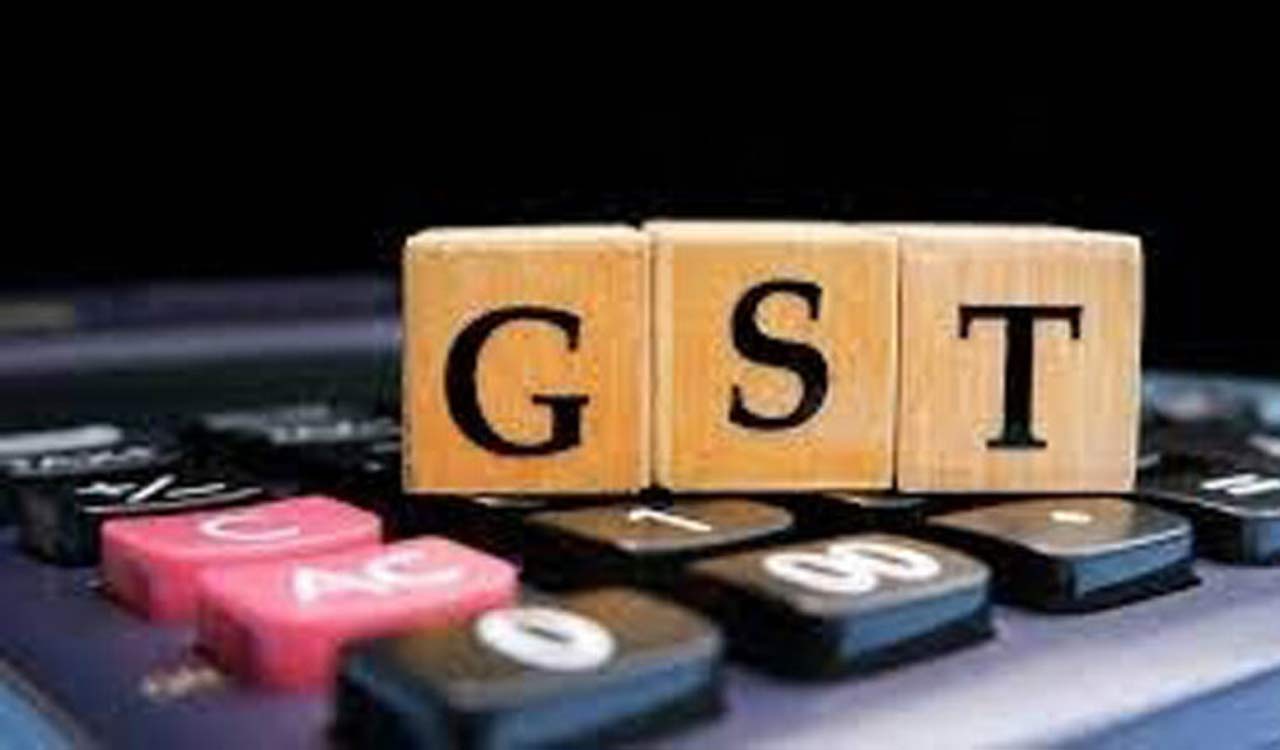
New Delhi: Parliament on Friday approved amendments to the Central and Integrated GST laws to levy 28 per cent tax on the full face value of bets in online gaming, casinos and horse race clubs.
The Central GST (Amendment) Bill, 2023, and the Integrated GST (Amendment) Bill, 2023, pilotted by Finance Minister Nirmala Sitharaman, also make registration mandatory for offshore e-gaming companies operating in India. It also provides for blocking of access in case offshore platforms fail to comply with GST registration and tax payment norms.
The CGST amendment bill defines ‘online gaming’ as a game on the internet or an electronic network.
‘Online money gaming’ means online gaming in which players pay or deposit money, including virtual digital assets (VDAs), in the expectation of winning money or VDAs, in any event including game, scheme, competition or any other activity, whether or not its outcome or performance is based on skill, chance or both.
With the amendment to GST law, horse racing, casinos, online money gaming will be treated as actionable claim similar to lottery, betting, and gambling.
Sources said casual online gaming, which does not involve money or any consideration, will not be taxable under GST.
The amendments will aid in combating money laundering, illegal income, black money and other illegal activities associated with online gaming and curb evasion, they added.
The bill was approved by both the Houses of Parliament without any discussion.
With the passage of CGST and IGST amendments, states will now have to effect similar changes in their state GST laws in their respective assemblies.
The amendments were approved by the GST Council, chaired by Sitharaman and comprising state ministers, last week.
The amendments pertain to insertion of a provision in the Schedule III of the CGST Act, 2017 to provide clarity on the taxation of supplies in casinos, horse racing and online gaming.
The amendment in IGST Act relates to inserting a provision to impose GST liability on online money gaming provided by offshore entities. Such entities would be required to get GST registration in India.
In its meeting on July 11, the Council had approved levy of 28 per cent GST on full face value of bets in online gaming, casinos and horse racing. Following that in its August 2 meet, the Council met and decided that GST will be levied at face value of entry level bets placed in gaming platforms and casinos, even though three states — Delhi, Goa and Sikkim — expressed dissent.
For example, if a bet is placed for say Rs 1,000, and the player wins Rs 300, and if the player redeploys the winning amount or Rs 300 into the game then GST will not be levied on the winning amount.
Currently, online gaming industry are paying GST at the rate of 18 per cent on platform fees/commission. Such commission varies from 5 to 20 per cent of the full face value of bets.
With regard to horse race clubs, some are paying 18 per cent GST on platform fees, while few are paying 28 per cent on the full face value.
These industries are disputing the 28 per cent levy on actionable claims in the form of betting and gambling at various legal fora.
Casinos too are currently paying 28 per cent GST on Gross Gaming Revenue (GGR).
Levying 28 per cent GST on the full face value of entry-level bets would result in increased GST revenues.
The amendments seek to establish a robust legal framework to avoid legal ambiguities and also to address various concerns of stakeholders, sources said.
The online gaming industry grew by 28 per cent in 2021 to reach USD 1.9 billion, as per NITI Aayog estimates.
Sources said while making its recommendations, the GST Council duly considered the negative impact of online money gaming on the society and the youth in particular, in form of ‘Internet Gaming Disorder’ due to addiction to online gaming.
Over the past week since GST Council’s recommendations were announced, online gaming industry has expressed serious concerns on implications of the decision on the sector. They said that the move will have negative ramifications for the sector.
On Wednesday, Mobile Premier League (MPL) laid off about half of its India team or close to 350 people to cut down cost burden due to the increase in GST rate to 28 per cent.
On Thursday, Kavin Bharti Mittal-founded Hike, which owns Rush Gaming Universe, laid off about 55 people — more than one-fifth of its total workforce — to absorb the impact of the GST hike on online gaming.
A couple of small-size gaming startups like Quizy too have announced shutting down of business.

